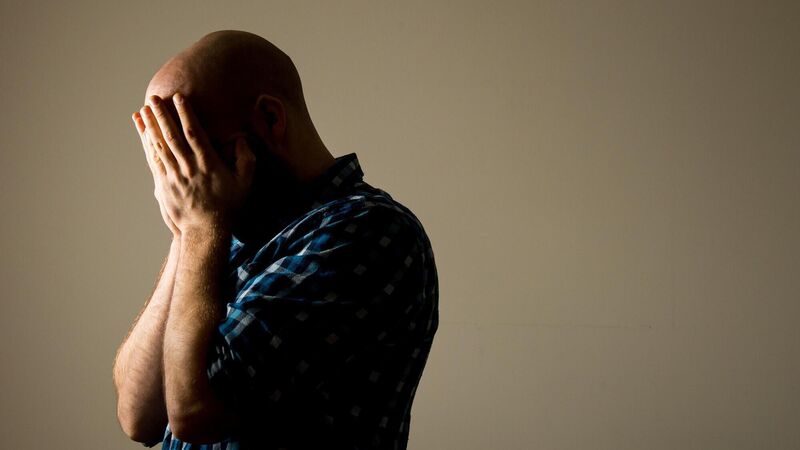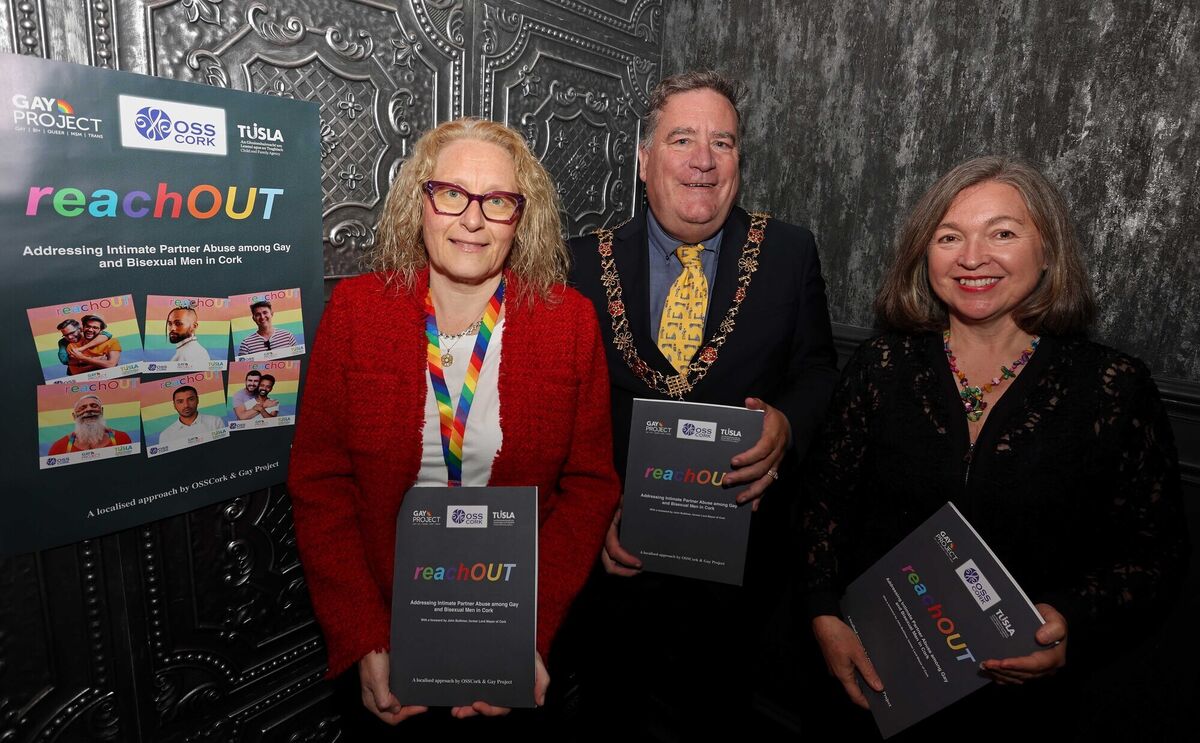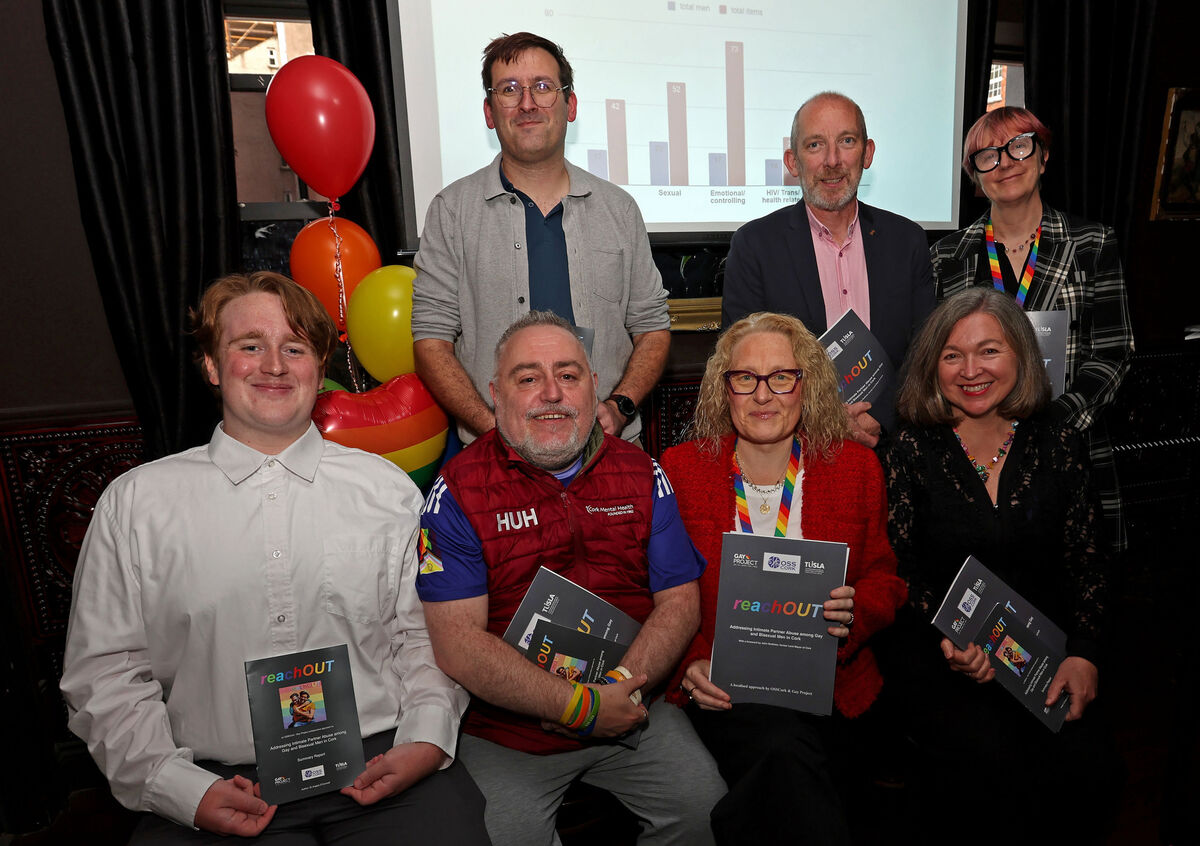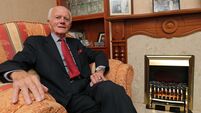Half of men in same-sex relationships surveyed for Cork report experienced violence from partner or ex

According to a new report more than half of men involved in same sex relationships said they had experienced physical, sexual or mental violence from a partner or ex partner during their lifetime.

One in three had experienced HIV/Trans/health abusive behaviours, while a third of men had been victims of financial abuse from a partner or ex partner.

“Also there’s much more awareness now, especially with new legislation on coercive control that domestic abuse and intimate partner abuse encompasses a lot more than just physical violence. It’s very much rooted in the control and exploitation of one person by another and that, of course, can happen in any relationship.”







 App?
App?


